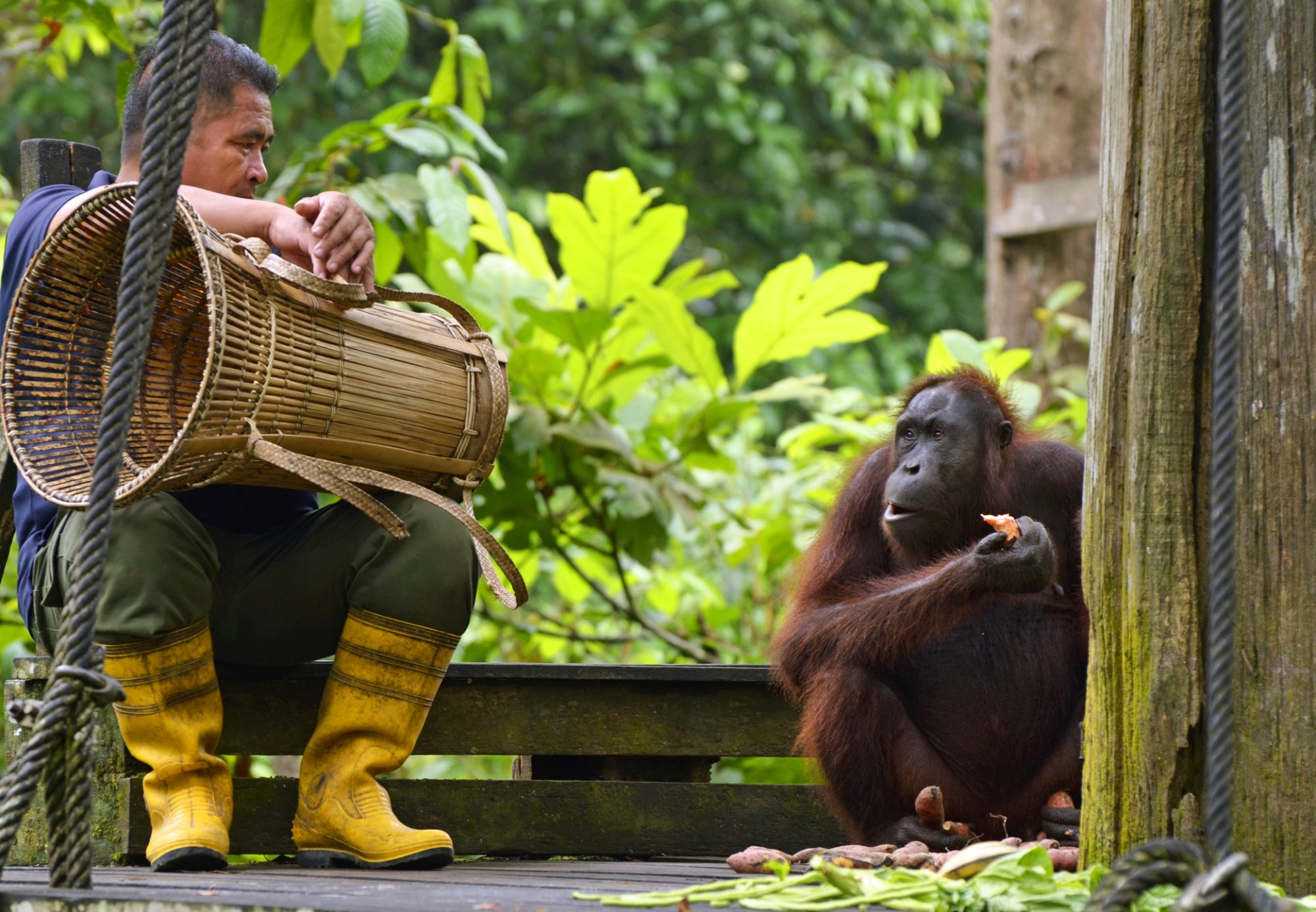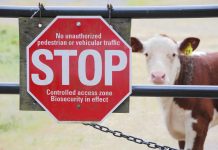Experts have called on international governments to include animal welfare policies in sustainable governance, promoting better animal health in future politics
Our treatment of animals affects our ability to achieve sustainable governance and development.
As an example of poor treatment of animals by human consumption and activities, in most cases of animal agriculture, humans consume ‘much more land and water’ and produce “much more waste and pollution” than plant-based alternatives – a direct factor impacting declining health globally.
Our global food system keeps domesticated animals in cramped conditions and overuses antibiotics to stimulate growth and suppress disease, thereby allowing infectious diseases to develop and spread.
Additionally, the current bird flu outbreaks, which have already led to the culling of millions of birds worldwide, illustrate this risk all too well.
Scientists and other experts are now calling for governments to start including animal welfare in sustainable governance to work towards a healthier, more resilient, and more sustainable world for all.
Including animal welfare in politics could ensure the end of zoonotic pandemics, lessen the massive carbon emission impact of the meat industry, and improve biodiversity globally – overall, improving our own health and food systems.
Animal agriculture is a leading contributor to climate change
Even after 50 years since the first UN Conference on the Human Environment, animal welfare continues to be neglected in sustainable development governance.
As a stark example, the 2030 Agenda for Sustainable Development includes 169 targets, some of which deal with protecting animal species, biodiversity, and habitats. Yet the Agenda does not consider animal welfare. According to the authors, this is an important oversight.
So, a team of experts ahead of the UN Stockholm+50 Conference made a commentary demonstrating how industrial animal agriculture contributes to infectious disease emergence.

The commentary explains why animals matter for sustainable development and why sustainable development matters for animals – calling for governments to ‘recognise the importance of animal welfare for sustainable development, and to aspire to harm animals less and benefit them more as part of sustainable development governance.’
The Stockholm+50 conference is to commemorate the 1972 United Nations Conference on the Human Environment and celebrate 50 years of global environmental action, aiming to act as an implementation tool for the UN Decade of Action to deliver the Sustainable Development Goals, including the 2030 Agenda, Paris Agreement on climate change, the post-2020 global Biodiversity Framework.
Jeff Sebo, Clinical Associate Professor of Environmental Studies, said: “Human, animal and environmental health are linked. Governments need to take steps to include animals in sustainable development governance for the sake of human and nonhuman animals alike.”
The framework also aims to encourage the adoption of green post-COVID-19 recovery plans
Cleo Verkuijl, Research Fellow at the Stockholm Environment Institute and the other lead author of the commentary, said: “COVID-19 reminds us that industries like industrial animal agriculture and the wildlife trade not only harm and kill many animals per year but also contribute to global health and environmental threats that imperil us all.”

Using the ‘One Health’ approach – recognising the interlinkages between human, animal, and environmental health – as a ‘promising framework for improving global health’, the commentary notes that ‘standard interpretations of One Health are ‘anthropocentric, in that they tend to value non-human animals primarily for the sake of humans, which can lead to policies that harm and neglect non-humans unnecessarily.’
The experts continue to call for governments to recognise the ‘intrinsic value of animals and consider their interests when making policy decisions that affect them.’
They also call on governments to ‘support informational, financial, and regulatory policies that reduce our use of animals and increase our support for animals in co-beneficial ways,’ and to reflect the importance of animal welfare in Stockholm+50 and other UN outcome documents.
Maria José Hötzel, Professor of Applied Ethology and Animal Welfare, said: “For high income and low income countries alike, there are significant environmental, health, and economic benefits to improving animal welfare. Governments cannot afford to wait another 50 years to take this issue seriously.”
Editor's Recommended Articles
-
Must Read >> The importance of animal health surveillance
-
Must Read >> Human & animal health, food security & biosecurity
-
Must Read >> Scientists predict 4,000 new animal viruses by 2070

















I read your blog. Having very use full information help me a lot. I will read more articles on your blog.